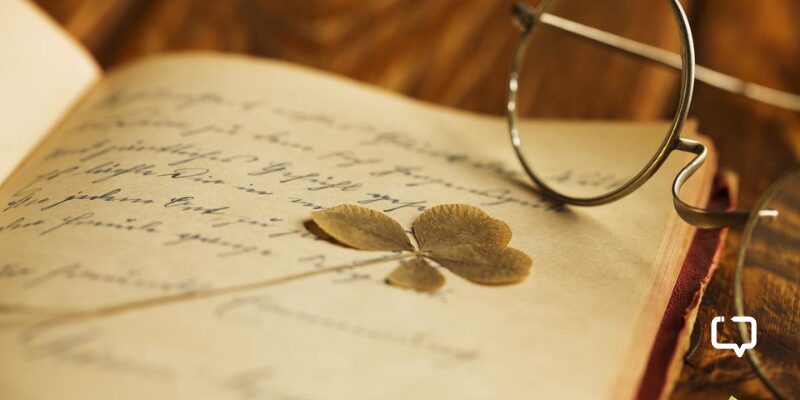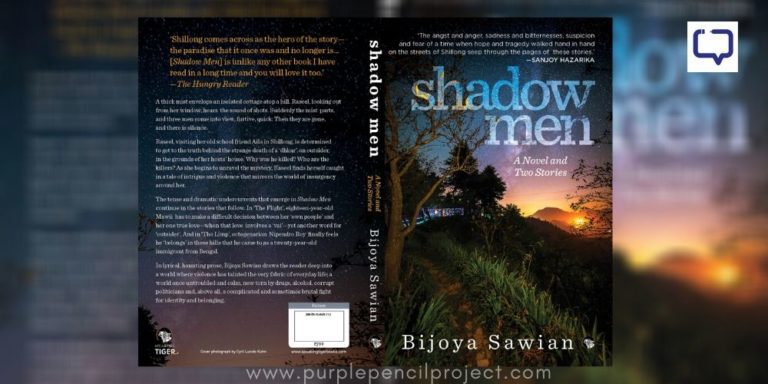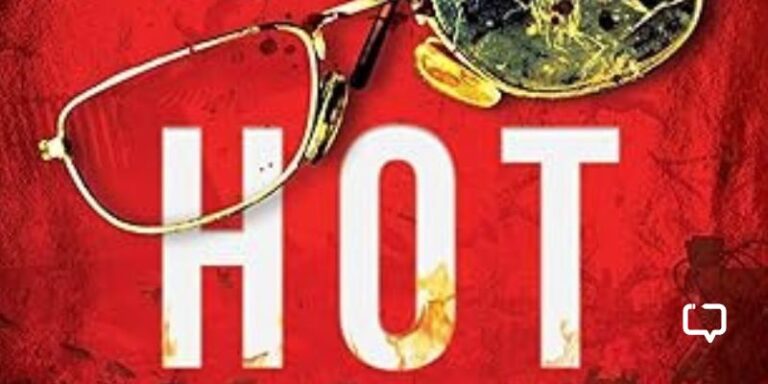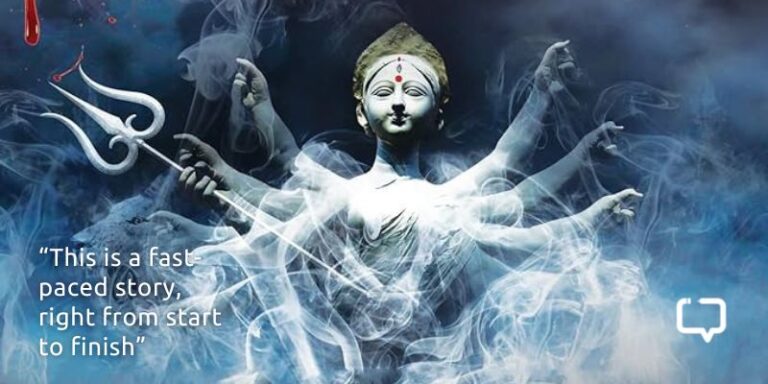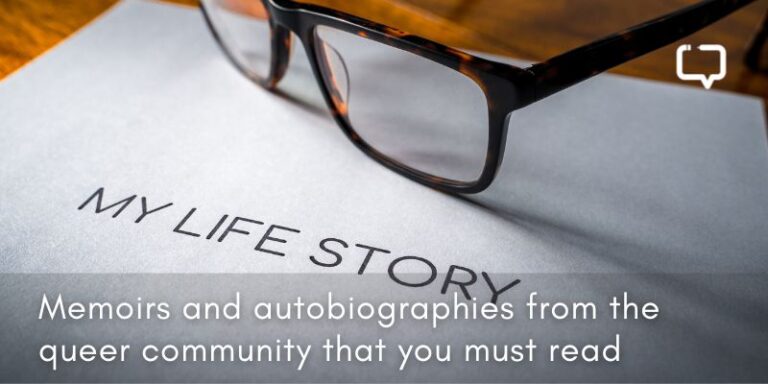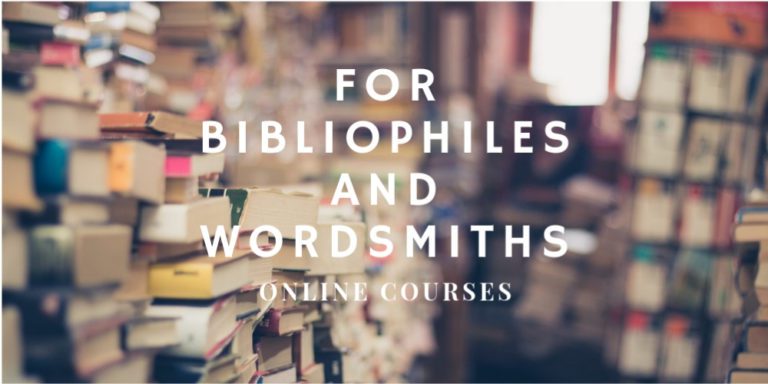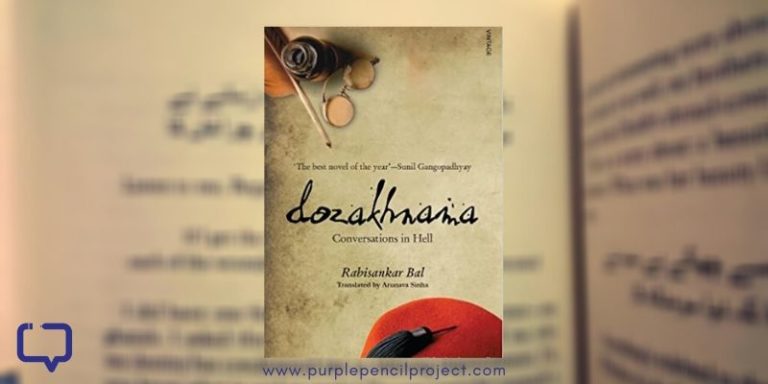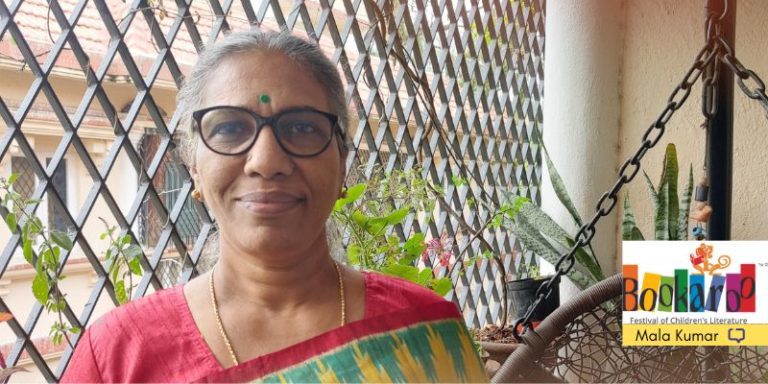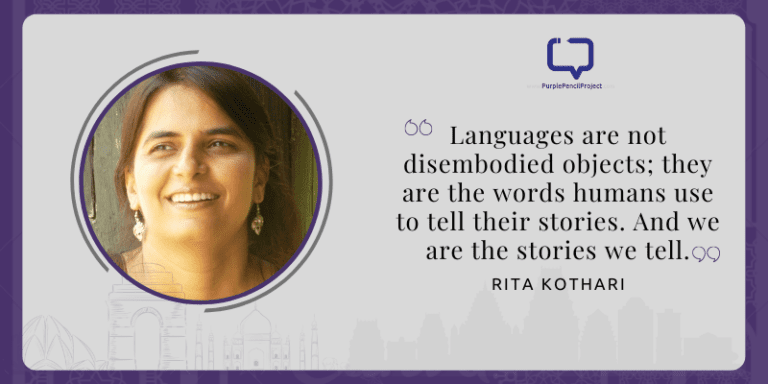Indian literature and cinema have had close ties since the latter’s inception. Artists practising both art forms have travelled to the other side frequently, whether through cameos, memoirs or more extensive contributions. This crossing of boundaries is more common in songwriting and screenwriting, and it’s not uncommon to see songs inspired by poems or lyrics written by poets.
In fact, two of the most popular songwriters of our time, Javed Akhtar and Gulzar, are acclaimed poets, too. Today, we’ll look at the lyrical journey of popular Indian poets turned lyricists. As is often the case, lists are, by their very nature, limiting. If you think we’ve missed any popular Indian poets turned lyricists in our list below, comment and let us know!
We encourage you to buy books from a local bookstore. If that is not possible, please use the links on the page and support us. Thank you.
List of Popular Indian Poets Turned Lyricists
- Vairamuthu
- Sahir Ludhianvi
- Vayalar Ramavarma
- Shams-ul-Huda Bihari
- Shakeel Badayuni
- Thamarai
- Kaifi Azmi
- Rajender Krishan
- Raja Mehdi Ali Khan
- Gulzar
- Majrooh Sultanpuri
- P. Bhaskaran
- Shailendra
- Srijato
- Anand Bakshi
1. Vairamuthu

A Padma Bhushan recipient, Vairamuthu published his first collection of poems in his sophomore year titled Vaigarai Megangal (tr. Clouds at Dawn). While working as a translator from English to Tamil in the 1970s, he brought out his second collection of poems, Thiruthi Ezhuthiya Theerpugal (tr. Revised and rewritten). His poetry often revolves around nature, describing it with imaginative depth, and urging the reader to appreciate its true nature.
He’s been conferred many titles for his contribution to literature and cinema, including the Kavi Samrat (King of Poetry) by Atal Bihari Vajpayee and Kaapiya Kavignar (Epic Poet) by APJ Abdul Kalam. His collaborations with Ilaayraaja and alter with AR Rehman have created some of the most popular compositions of all time. However, he’s been part of controversies throughout his career, most notably the #MeToo allegations by singers Chinmayi Sripaada and Bhuvana Seshan, among others.
2. Sahir Ludhianvi

Main pal do pal ka shayar hoon, pal do pal meri kahani hai
pal do pal meri hasti hai, pal do pal meri jawani hai(I’m a poet of a moment or two, my story lasting a moment or two,
My fame here for a moment or two, my youth lasting a moment or two.)
No list of popular Indian poets or lyricists can be complete without Sahir Ludhianvi. A rebel at heart from his youth, social reforms and public change were near and dear to him. Like his inspiration, Faiz Ahmed Faiz, Sahir, too, was immensely popular among the youth of his times and contributed to the popularisation of Urdu in Bollywood and mainstream language like no one before or after him.
His first book, Talkhiyaan (tr. Bitterness) was published in 1945 while he was a member of the All India Students Federation in Lahore. He was a part of the Progressive Writers’ Association and edited several magazines before fleeing to India after partition. He fought for the rights of poets and lyricists throughout his life and, because of him, All India Radio started including the lyricist’s name in song credits. His poems and songs remain popular in the public consciousness even today.
Recommended Reads: 10 Indian Actors Who Became Authors
3. Vayalar Ramavarma

With over 1300 songs to his name and numerous poems, Vayalar is one of the most popular Indian poets and lyricists of all time. Alongside P. Bhaskaran and ONV Kurup, he spread communist ideals through his poems and songs. He published his first poem in his school days itself, and would keep writing and publishing even after discontinuing education early. This poetic background would play an important part in his career as one of the most prominent Malaylam lyricists of all time.
His ability to mould his poetic sensibilities to the demands of cinema music is one of the many reasons behind his popularity. Vayalar’s collaboration with G. Devarajan created numerous memorable ever green songs. He also got several awards throughout his career, from the National Film Award for Best Lyrics to the Kerala Sahitya Akademi Award for Poetry, and remains an enduring presence in Malayalam literature.
4. Shams-ul-Huda Bihari

Besides playing for the iconic Mohun Bagan Club, he also wrote poetry in his college days. He composed his first song when Anil Biswas signed him after hearing his nazm on the assassination of Mahatma Gandhi on All India Radio. But it wasn’t the break he sought, which he got through the Fazli Brothers. A song from their film, Duniya, Haye Yeh Tune Kya Kiya, sung by Mohammad Rafi and Suraiya, would become immensely popular and put him on the map.
An inspiration to many modern poets and lyricists, Bihari remains largely unknown today, lost in the lanes of forgotten cinema artists. A standout among the then popular Indian poets like Ludhianvi and Sultanpuri, he was more a romantic than revolutionary and stayed away from the popular circuits. Many of his albums were a part of the Golden era of Hindi films, including Yeh Raat Phir na Aayegi, Mohobat Zindagi Hai, Kismat, and CID 909.
5. Shakeel Badayuni

Jab pyaar kiya toh darna kya, pyaar kiya koi chori nahin ki, chhup chhup aahein bharna kya
(Why fear when in love? Love committed is no theft; then why hide and sigh?)
Shakeel had learnt Arabic, Urdu, Persian, and Hindi as a child, and this linguistic diversity and versatility is evident in his poems. His poetic journey truly began during his days at the Aligarh Muslim University where he’d actively participate in mushairas. Like Bihari, he was distinct from the contemporary popular Indian poets and lyricists in that he was mostly inclined toward romantic and heartfelt poetry.
His collaboration with Naushad particularly created some of the most iconic songs with albums like Mother India, Baiju Bawra, and Mughal-e-Azam. His remarkable melodies and emotional depth ensure his poetry and songs remain immortal in the minds of cinema lovers.
6. Thamarai

A major figure in Tamil literature and cinema, Thamarai started her professional career as a production engineer! She shifted to freelance journalism to cater to her passion for poetry, and her writings soon got her noticed in the film industry, bagging the role of the lyricist for the song Thendral Enthan in the film Iniyavale.
But it was her partnership with Harris Jayaraj and Gautham Vasudev Menon, beginning with the song Vaseegara (set in the Natabhairavi raga), that would take her writing career to new heights, creating many popular albums. Her progression from a poet to a lyricist was natural, thanks to her deep poetic sensibilities and a command over the Tamil language. Her poems often bring out themes of love, loss, and the complexities of relationships.
7. Kaifi Azmi

A part of many memorable mushairas in his time, Azmi is oft remembered as the poet who brought Urdu poetry to Indian cinema. While his early compositions had the traditional themes of love and romance, he soon shifted to writing around social justice themes, whether promoting women’s rights, discarding oppressive forces, or rejecting religious fundamentalism. His first collection of poems, published in 1943, was Jhankar, followed by iconic anthologies like Kaifiyaat, Aakhir-e-Shab, and Awaara Sajde.
They say the personal is the political, and Azmi’s life and works are the perfect testament to that. His career as a lyricist began with the song “Rote rote guzar gayi raat” in the 1951 film, Buzdil, and his words would reflect the struggles and trappings of the oppressed classes. As poetic as revolutionary, his lyrics inspired change and remain impactful today.
8. Rajender Krishan

Surrounded by poems and poets all his life, Rajender Krishan kept a low profile all his life, the reason why he remains largely unrecognised today. Inspired by the poetry of Pant, Nirala, Firaq Gorakhpuri, and Ahsan Danish, his poetic background nurtured a deep understanding of language, rhythm and emotion, that’s apparent through his lyrics.
He was a screenwriter too, but such was his fondness for poetry that he’d only write the scripts where the lyrics would be written by him, too. The song Suno Suno Ae Duniya Vaalon, Bapu ki Amar Kahaani, sung by Md. Rafi, written after Mahatma Gandhi’s assassination, particularly brought him fame and recognition in the industry. His songs simplify the complexity of human experiences and his partnership with composer C. Ramchandra brought out many lyrical gems through the years.
9. Raja Mehdi Ali Khan

Lag jaa gale ke phir yeh haseen raath ho na ho
Shaayad phir is janam mem mulaaqat ho na ho(Embrace me, for this pleasant night might never return
And we don’t know whether we might ever meet again in this life)
Mehdi Ali Khan laughed at life’s absurdities and tragedies through his poems and songs. Born to a poet mother, he started writing poems at a young age, editing magazines and working for different publications. Unlike many of his contemporaries, his writing brought out the lighter aspects of society through parodies and humorous observations.
Even his social commentaries would poke fun instead of reflecting bitterness or preaching. While he worked with many composers and directors all his life, his partnership with Madan Mohan was one of the most successful in Indian music history. Some of his popular albums include Woh Kaun Thi?, Mera Saaya, and Shaheed.
10. Gulzar

Few, if any, among the most popular Indian poets and lyricists have enjoyed the kind of acclaim and popularity that Sampooran Singh Kalra, or Gulzar, has achieved. He’s won multiple awards throughout his career, from the Academy Award for the song Jai Ho and the Padma Bhushan to the Dadasaheb Phalke Award and the Jnanpith.
He’s also an author, screenwriter, and film director with several critically acclaimed works to his name.. Gulzar also initiated and popularised the Triveni style of poetry, where three non-rhyming lines were used. But it’s not just his style of poetry, but the array of languages he frequently switches to and fro. While he largely writes in Urdu and Punjabi, you’ll often find words from other languages and dialects, bringing further depth and intricacy.
Recommended Reads: Gulzar’s Raavi Paar And Other Stories: A Collection Both Candid And Cathartic
11. Majrooh Sultanpuri

Asrar ul Hassan Khan, or Majrooh Sultanpuri, as we know him was one of the biggest lyricists in Indian cinema. Struggling as a practitioner of Unani medicine, he abandoned his medical career and started writing poetry full-time after one of his ghazal was a hit at a mushaira. Like many poets of his time, he didn’t think highly of films, but would ultimately give in to their financial incentives.
His poetry was firmly rooted in classical Urdu literature, and his strong political leanings often landed him in trouble. This was true particularly when he was jailed for writing an anti-Nehru poem. His pseudonym, Majrooh, meaning wounded soul, perhaps best summed him up as a poet. The creator of many iconic Bollywood songs, his legacy remains alive still.
12. P. Bhaskaran

Arrested, imprisoned, books banned, went underground, faced police brutality: these were a few of the many things P. Bhaskaran experienced for his revolutionary views and Communist associations. He started writing poems from a tender age, featuring in local magazines. Bhaskaran wrote songs for Communist stage performers, many of which got banned. Particularly, his song Vayalar Garjikkunnu, written during the Communist Rebellion in 1946, gained a legendary status and was banned.
After working for Akashvani for some time, he joined the film industry, and there was no looking back from thereon. Interestingly, his first song was in a Tamil film, Apoorva Sagodharargal, a multi-lingual song for which he wrote the Malayali lines. Besides lyrics, he also wrote scripts, acted, and directed several movies and documentaries. His songs were popular among the masses for showing the stark realities of life, creating social consciousness, capturing human emotions with empathy, while maintaining simplicity.
13. Shailendra

Ke marke bhi kisi ko yaad aayenge, kisi ke aansuon mein muskurayenge
Kahega phool har kali se baar baar, jeena isi ka naam hai!(That even after death we’re remembered, that we’ll smile through someone’s tears
And the flower will tell every bud on and on, that this is what life is all about.)
A frequent visitor to both mushairas and kavi sammelans, Shailendra is often considered to be the first to combine Urdu and Hindi poetry. His life and career was a struggle against oppression, penning many revolutionary slogans and novels. With strong socialist and communist undertones, his poetry, while conveying complex socio-political themes, was always written for the masses. Despite being a part of the Progressive Writers’ Association and many unions, he remained secretive about his Dalit identity, perhaps a reflection of the society then (not that things are drastically different today).
His songs are some of the most enduring songs of his times, with writings like Khoya Khoya Chand, Pyaar Hua Ikraar Hua, Mera Joota Hai Japani, and Suhaana Safar Aur Yeh Mausam Haseen. Whether it’s the musicality of his lyrics or their inherent simplicity, they continue to live on in the minds and hearts of music lovers all these decades later.
14. Srijato

One of the most popular Indian poets turned lyricists in Bengali film industry, Srijato Bandopadhyay has written numerous songs and penned several poetry collections and novels, including Tarabhara Akasher Niche and Prothom Mudran Bhalobasha (tr. A House of Rain and Snow).
His words are deeply connected to his roots and culture, bringing the essence of Bengal with his words. He’s won many awards both in careers in literature and cinema, and is certain to bring many more wonderful, multifaceted creations in the coming years.
Recommended Reads: Book Review: A House of Rain and Snow by Srijato Bandopadhyay
15. Anand Bakshi

Nominated 37 times for the Filmfare Award for Best Lyricist, Anand Bakshi’s career is filled with staggering numbers. Almost 250 directors, nearly 4000 songs, over 600 films, his journey as a lyricist was as rich as one can imagine. His initial journey as a poet was mostly private, restricted to the local troop programmes (he was in Indian Navy, and later, Army). But once his lyricist career started, there was no stopping.
His relentlessness and orderliness in life and writing is often, naturally, attributed to his life in Indian defense services. What often made his lyrics unique was their connection to the characters and overarching story. Like the best of popular Indian poets, his writing, too, had an inherent simplicity that spoke to the audience. Some of his most enduring works include Main Shayar Toh Nahin, Maine Poocha Chaand Se, Yeh Shaam Mastani, and Mere Mehboob Qayamat Hogi.







